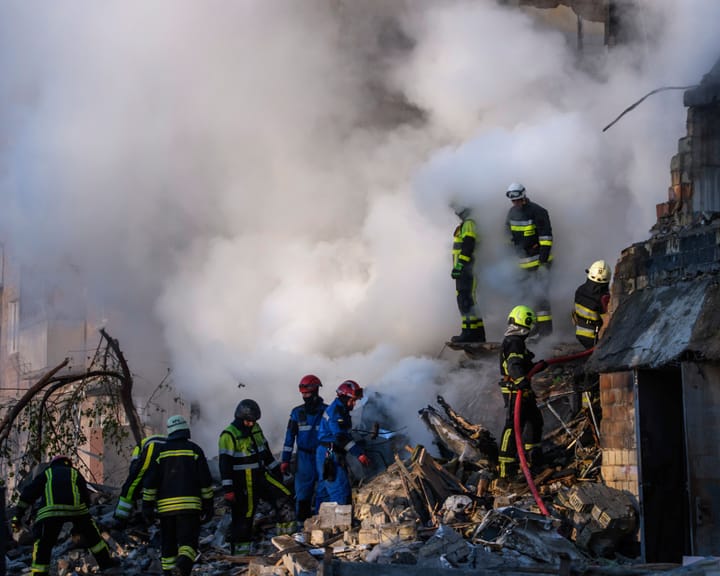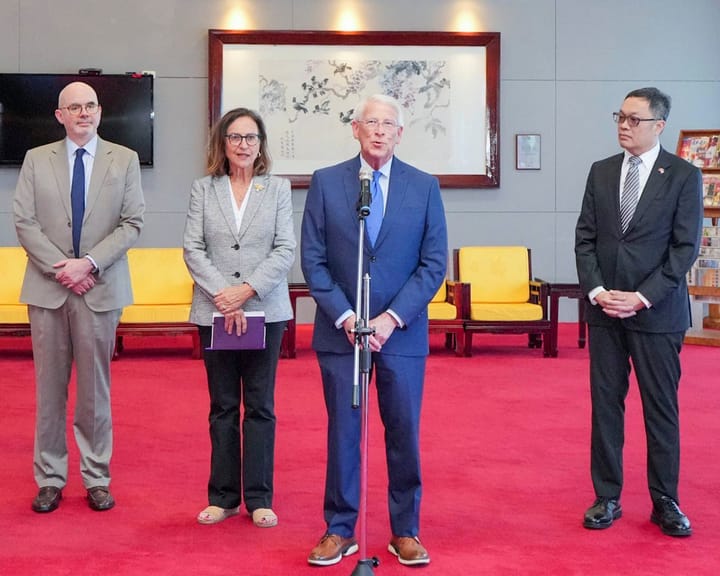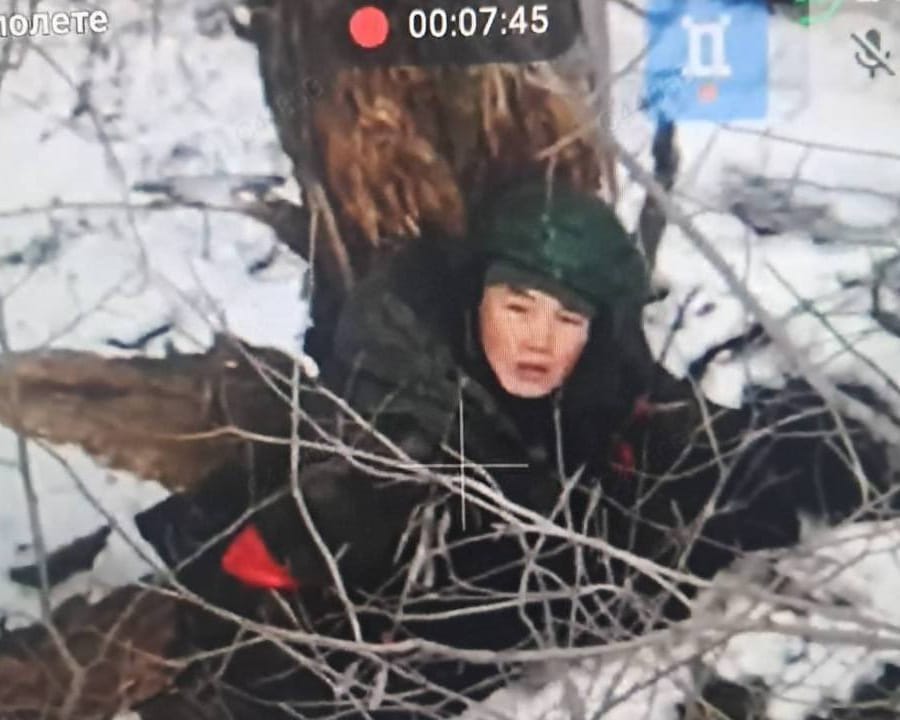When North Korea tested multiple ballistic missiles from its eastern coast in May, South Korea reacted quickly. Within hours, Seoul joined Washington and Tokyo in labeling the launch as a serious risk to regional stability.
Yet just weeks earlier, when a North Korean KN-23 missile—designed to hit targets in the South—struck a residential building in Kyiv, killing 12 civilians, Seoul remained silent.
The lack of response follows a similar pattern. There was no comment when reports emerged of Russia sending a missile defense system to shield Pyongyang, nor when Ukrainian intelligence revealed that Russian instructors were training North Korean drone operators—even as Kim Jong-un pledged full backing for Moscow’s war.
North and South Korea, still technically at war, maintain strained relations. The subdued reaction has led analysts to question whether Seoul fully understands the implications of what many see as Pyongyang’s most substantial military shift in decades—one forged in actual combat during the fighting in Ukraine.
“We should absolutely be concerned,” says Chun In-bum, a former South Korean special forces officer. “But people often ignore or downplay grim realities.”
Adapting to modern combat
Ukrainian intelligence reports suggest North Korea provides 40% of all ammunition used by Russian forces. It has also boosted domestic arms production, with Moscow paying Pyongyang directly.
Late last year, Pyongyang reportedly sent around 12,000 troops to Russia’s Kursk region. Since then, the deployment has grown significantly. An additional 6,000 soldiers, along with engineers, logistics teams, and other specialists, are now focused on rebuilding war-damaged areas, according to Ukrainian officials.
This alliance with Moscow has been highly beneficial for Kim Jong-un’s government, said Maj. Gen. Vadym Skibitskyi of Ukraine’s military intelligence agency.
“North Korea’s military received new equipment from Russia, and its troops gained firsthand experience in modern warfare. No other regional force—Japan, South Korea, or others—has engaged in large-scale conventional warfare recently.”
The ideological devotion of these troops became evident when Ukraine captured two injured North Korean soldiers in January.
“They were like bio-robots. They attempted suicide by biting their own veins,” Skibitskyi said. When asked if he wished to return home, one soldier replied, “Yes, because I’ll be honored as a hero. I fought in a real war.”
North Korean forces are now learning combined arms tactics, drone operations, electronic warfare, and other modern military strategies.
Read next

Ukraine's Zelenskyy presses for Russia to commit to peace talks by Monday
Zelenskyy Sets Deadline for Russia to Agree to Peace Talks
Ukrainian President Volodymyr Zelenskyy, citing reports from Reuters, stated that Ukraine and allied nations have agreed to wait until 1 September for Russia to demonstrate a clear willingness to participate in direct negotiations aimed at ending the conflict.
He noted

"US senator defends Taiwan's 'right to freedom' during controversial trip denounced by China"
US Senators' Taiwan Trip Sparks Protest from China
A trip to Taiwan by two US senators has prompted criticism from China, which views the island as part of its territory and opposes official exchanges between Taiwanese and foreign officials.
Roger Wicker, chair of the Senate armed services committee, and

Meloni outraged over unauthorized women's photos shared on porn site
Italy’s prime minister, Giorgia Meloni, has condemned the unauthorized posting of images of herself and other women on an explicit website, demanding that those responsible be quickly identified and "punished with the utmost firmness."
Photos of Meloni’s sister, Arianna, and opposition leader Elly Schlein were also

